The Safe Data | Safe Families Privacy Policy Framework is a companion piece to the American Library Association (ALA) Privacy Toolkit, which provides information for creating or revising a privacy policy. ALA’s toolkit focuses on how libraries–as an institution–can protect patron privacy, including how to protect the information libraries receive from patrons during traditional library transactions. Our privacy policy framework supplements ALA’s toolkit by focusing on staff/patron interactions and covers many of the day-to-day privacy risks patrons face.
Our research with library staff from around the United States has highlighted that each library and library system is unique and comes with its own unique challenges related to its location, population needs, and more. This framework provides you with flexibility in thinking about staff/patron interactions and reduces uncertainty about how to respond to patron requests involving personal information.
We’ve broken the privacy policy framework into sections. Click on a box to get more information or download the full framework as a PDF here.
Descriptions of Sections
In ‘Responding to Patron Requests: What Library Staff Can and Cannot Do,’ we discuss the broader challenges associated with constructing a patron-focused privacy policy for your library. This section provides examples of existing policies that address time limits for staff when handling patron interactions, as well as how staff should handle patron requests involving technology.
The main framework includes six categories that cover a range of privacy considerations. Click on a category below for more information on that topic, including:
- Key Topics: Key topics for each category are listed, along with a short description of why they should be addressed in your privacy policy.
- Recommended Actions: Suggestions on what library staff can do to improve or iterate on current policies that address each topic.
- Example Library Policies: Sample policies from libraries nationwide that address key topics. Note: these policies are current as of May 2021.
The framework includes two additional sections. ‘Tips to Communicate your Library Privacy Policy’ provides ideas for how library staff can share their evolving privacy policies with patrons, while ‘Additional Resources for Crafting your Library Policy’ contains related resources, including links to all library privacy policies referenced in this framework.

